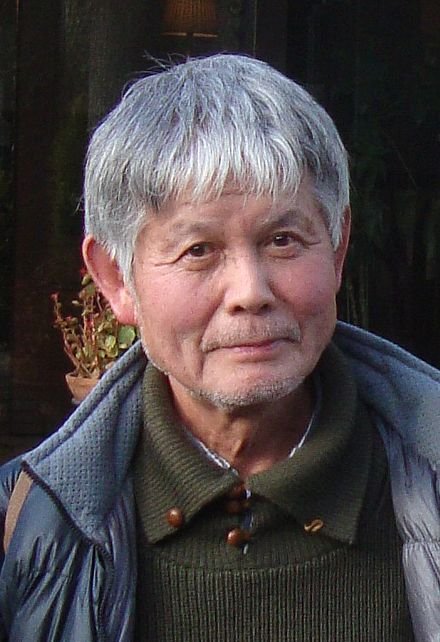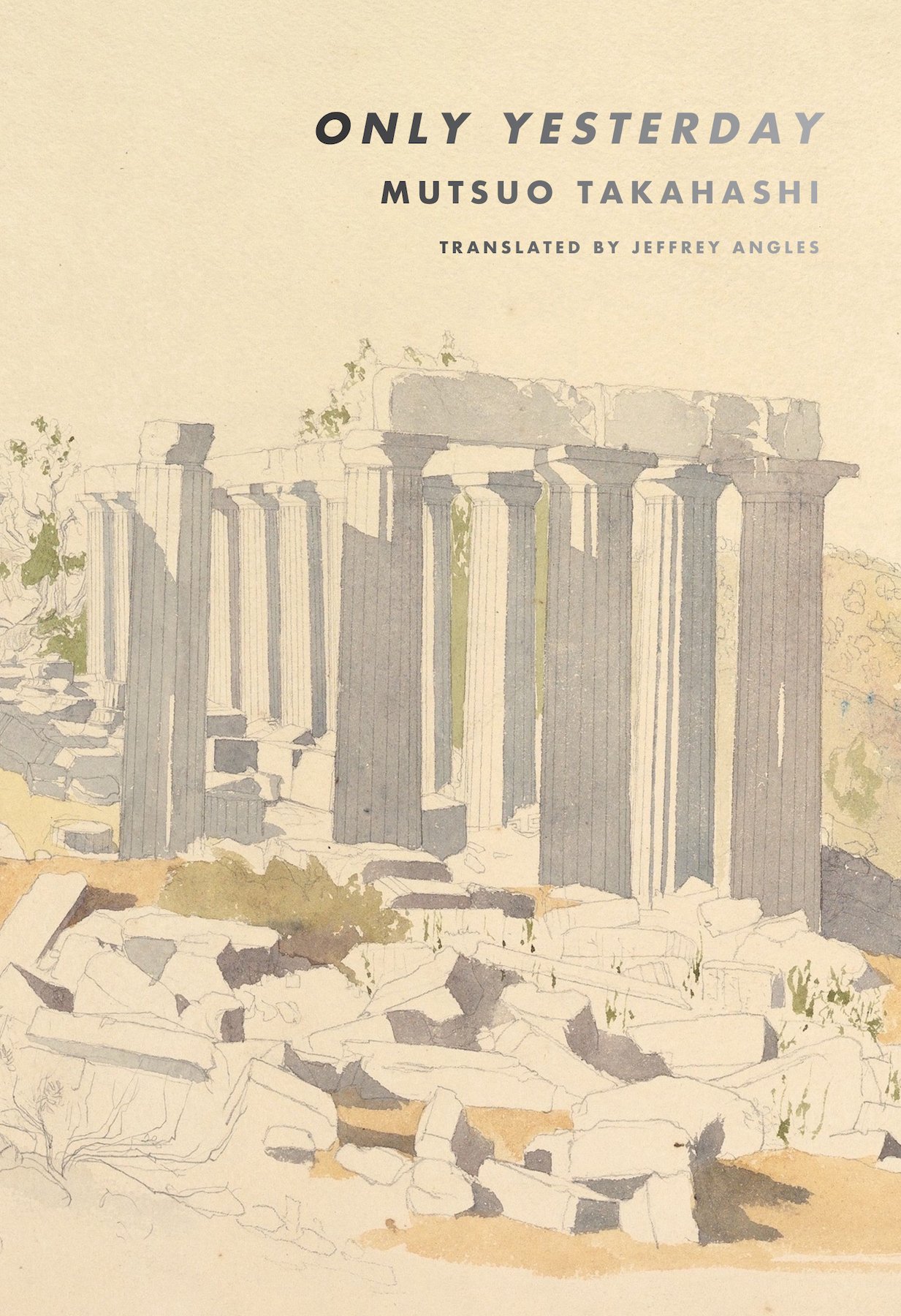Mutsuo Takahashi
Mutsuo Takahashi (b. 1937) is one of Japan's most prominent living poets. Since first attracting the attention of the Japanese literary world in the 1960s with his bold evocations of homoerotic desire, he has published forty- eight books of poetry and numerous collections of essays, literary criticism, and fiction, winning nearly every major literary award in the nation. In 2017, the Japanese government designated him as a Person of Cultural Merit, its highest award for literary figures. The same year, Takahashi was elected to the Japan Art Academy. Several collections of Takahashi's poetry are available in English translation: Only Yesterday (Canarium Books, 2023), Poems of a Penisist (Chicago Review Press, 1975, reprinted University of Minnesota Press, 2012), A Bunch of Keys (The Crossing Press, 1984), Sleeping, Sinning, Falling (City Lights, 1992), Two Shores (Dedalus, 2006), and We of Zipangu ( Arc Publications, 2007). His memoir Twelve Views from the Distance (University of Minnesota Press, 2012), translated by Jeffrey Angles, was shortlisted for a Lambda Literary Award. Takahashi presently lives in the seaside city of Zushi, ten kilometers to the south of Yokohama.
About Only Yesterday: In 2018, soon after Mutsuo Takahashi turned eighty, he published his magnum opus, a collection of poetry entitled Only Yesterday, a work containing 153 poems that showcase the poet's enormous erudition as he revisits the themes he has explored for the last five decades: the nature of beauty, love, homoerotic desire, art, and aging. At the same time, it also includes numerous socially engaged poems inspired by contemporary problems, such as exploitation of the nameless masses and the culture of hero worship. What makes this collection so is that even when talking about contemporary issues, Takahashi weaves into all poems motifs and ideas borrowed from ancient Greek culture, so that Greece serves as the lens through which Takahashi—a lifelong scholar of both modern poetry and classical literature—views the world, even as he writes in an elegant blend of classical and modern Japanese. The result is a dazzling piece of world literature that bridges East and West, new and ancient, all within a witty, idiosyncratic collection that's been translated beautifully by acclaimed translator Jeffrey Angles, whose work earned this book a grant from Japan Foundation.



